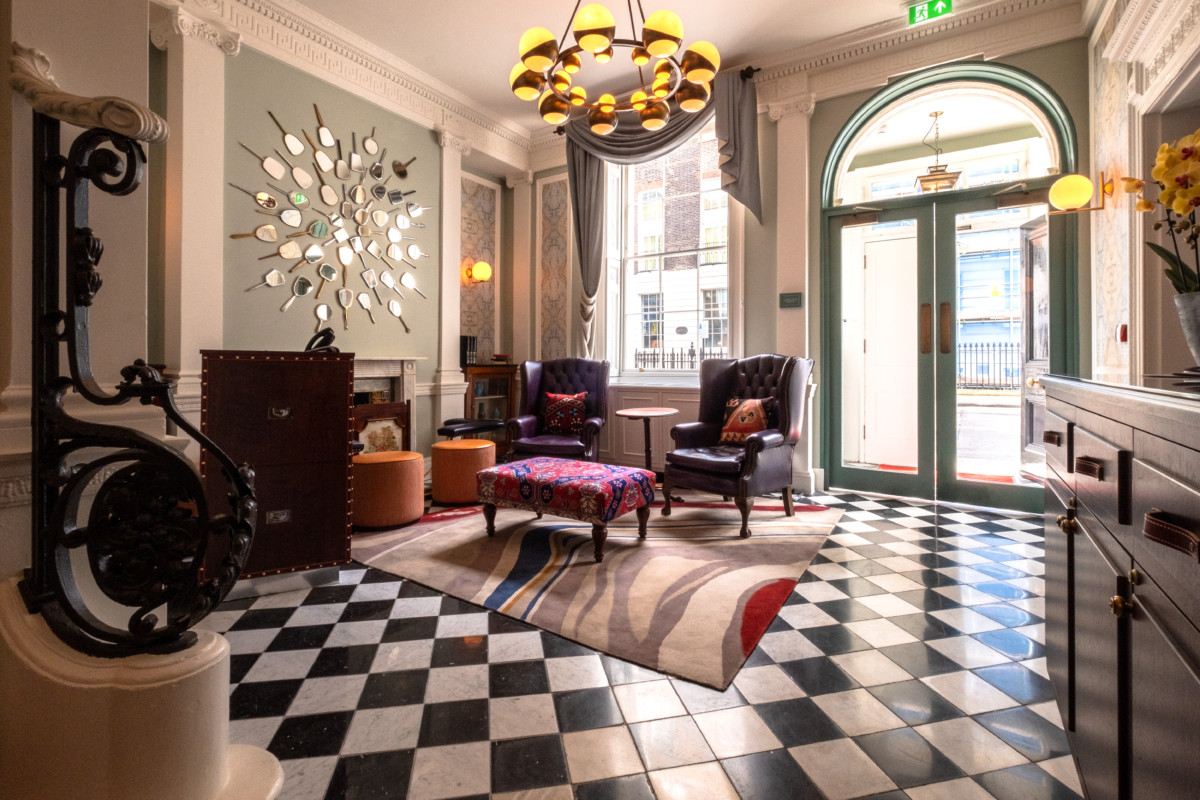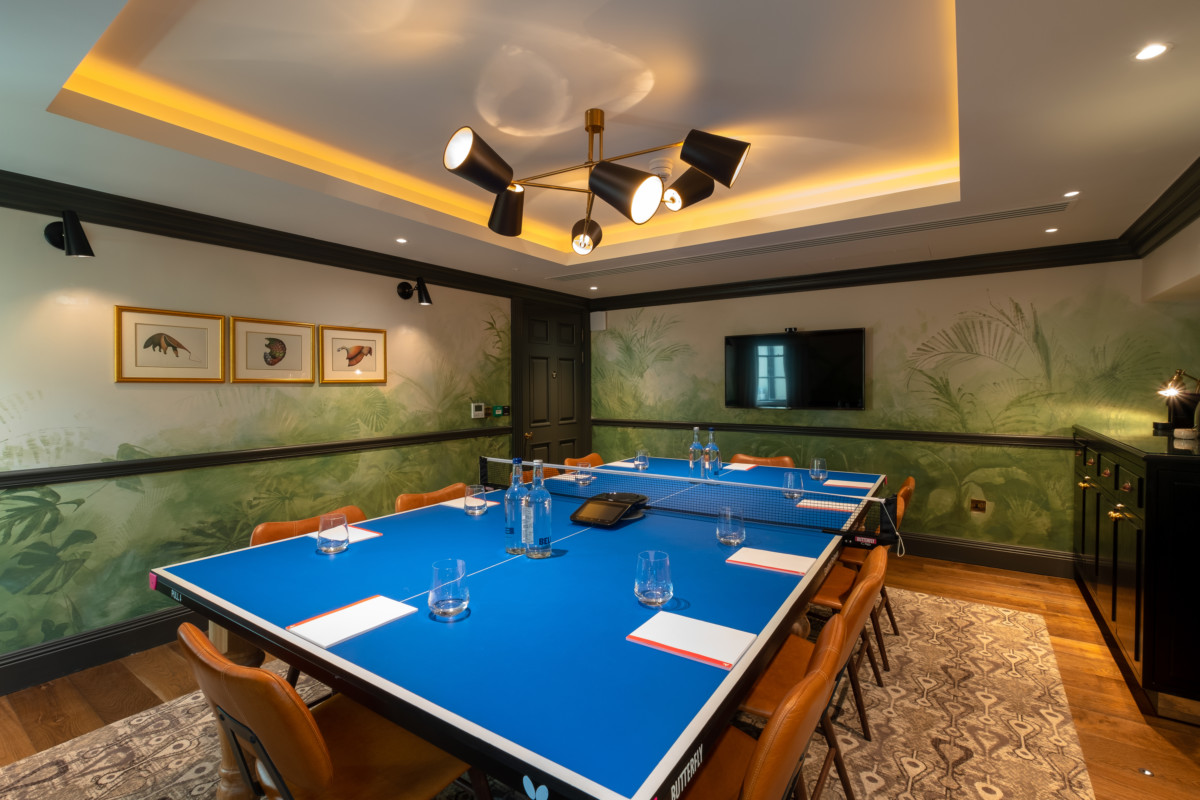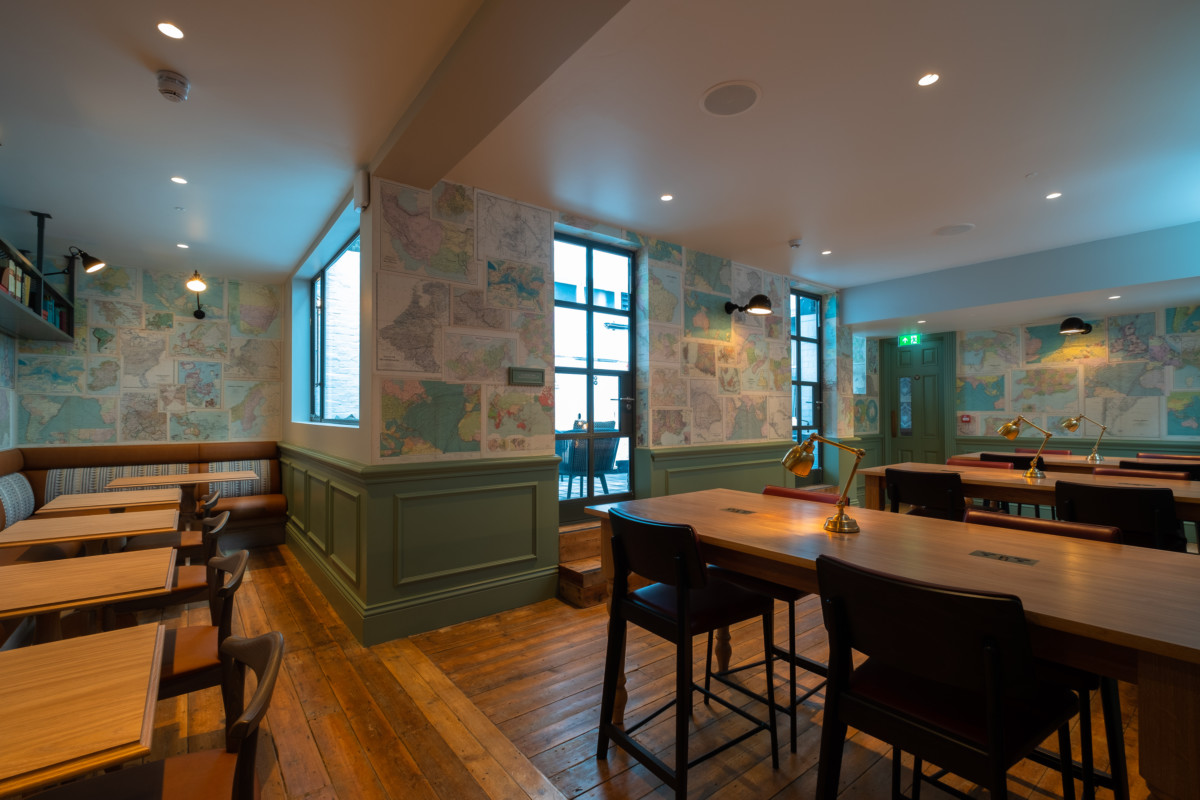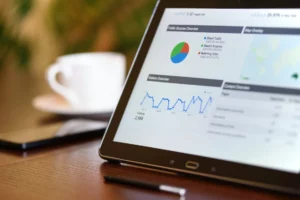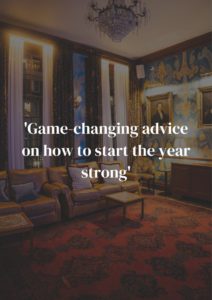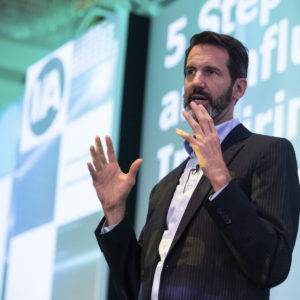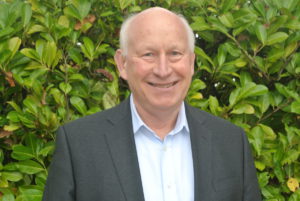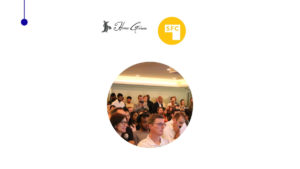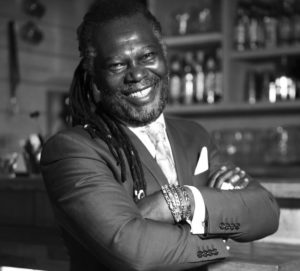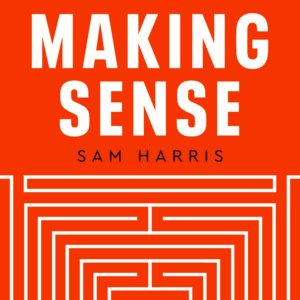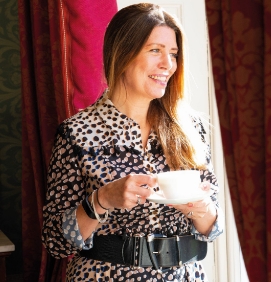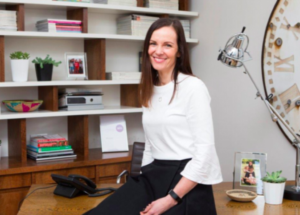PEAK CONDITION
If you’re a busy entrepreneur or executive, it can be easy to neglect your mental and physical health. People often do this in an almost unconscious way. They have a lot of work to do, so they skip that session at the gym, then another and before they know it, their fitness regime has gone out the window.
It’s the same with factors ranging from eating to sleeping. And they always justify these slips by telling themselves that work takes precedence. But this is a big mistake. Declining mental and physical wellness means lower productivity, less resilience, higher stress levels, and, in the end, potentially, burnout. If you don’t take care of yourself, your work will suffer, as will your life outside work. So how do you stay in peak working condition?
Eat and drink well
Start the day right. Have a proper breakfast, something like wholemeal toast with scrambled eggs or porridge, and do this fairly soon after getting up. With lunch, try not to have sandwiches every day – salads and protein are good. Also, put fruit and nuts on your desk and if you need to snack between meals, eat these. Processed, sugary foods such as crisps and chocolate bars should be occasional treats. If you eat them every day, they’re not: they’re your diet. Drink mainly water and stay well hydrated, especially in heated offices in the winter. Tea and coffee are fine in moderation. Alcohol is OK, too, but in even greater moderation.
Build exercise into your day
There are numerous ways to do this, but the classic is cycling to work. Do 30 minutes a day and that’s all your exercise for the week taken care of. If this is impractical, get off a Tube stop earlier and walk for 15 minutes or go for a 20 minute walk at lunchtime. There are, famously, companies that put the toilets on every other floor to encourage employees to walk up and down flights of stairs. If you are going to the gym or classes, make it an appointment in your diary. Better still, arrange to do exercise with a colleague. That way you will feel accountable to each other and are more likely to stick to it.
Build health into your travel plans
Many businesspeople are hypermobile and think nothing of having meetings in Shanghai, LA and London over the course of a single week. This can mean healthy routines fall by the wayside. They shouldn’t. For starters, most hotels have gyms. If you’re travelling really light, pack swimming trunks and pick a place with a pool. Airports also have gyms. If you don’t have exercise kit or facilities, go for a walk in the nearest park – or even walk a couple of kilometres in the airport. Similarly, think about what you eat when you travel and choose healthy options.
Differentiate between pressure and stress
When most people say they’re stressed, what they mean is that they’re under pressure. We can all cope with a bit of pressure in the short-term – and it may even make us more productive and spur us to achieve our goals. However, when you work endless long days without breaks and feel constantly overwhelmed and unable to cope, that is stress. Over time, this can seriously affect your mental and physical health. Warning signs are irritability, problems sleeping, headaches and stomach aches and worsening relationships with family and friends. If this is happening to you, you need to reduce your workload and/or change how you work.
Stop
If a task is going nowhere or you find yourself at the point of rapidly diminishing returns, just stop. Recognise you’re wasting time and becoming stressed and do something else. This might mean taking a break, going for a five minute walk or chatting to a colleague.
Or it could be switching to a different task. Make a positive, conscious decision to focus your energies elsewhere and take back control. If you return to the task 20 minutes later, it’s often much easier to make headway.
Don’t over-schedule
One unfortunate aspect of the knowledge economy is the belief that, to be productive, we must be have constantly full diaries. But filling every moment of your day up will make you stressed and overworked – and actually less productive, not more. There are two reasons for this: the first is that you need unstructured time to have big ideas and think in the long term. The second is you can fall into the trap of measuring your own value by the hours you work, not the usefulness of the work that you produce.
Go home on time
People often believe they cannot be doing a good job unless they’re working until 9pm every night. This is rubbish. The UK works famously long hours and is one of the least productive major economies in Europe. So leave the office at 6pm and encourage those you manage to do so, too. Th is also means you and your staff will spend more time with your families, which should in turn make you happier and more effective as a team.
Practice device discipline
One of the reasons stress is such a modern epidemic is that we never turn off – and we have smartphones to largely thank for this. We often check our phones the moment we wake up and last thing before we go to bed. Some of us even wake in the middle of the night to look at email. Turn devices off an hour before you turn in, check them no more than once a day on holiday, and try to deprioritise them generally. If you are talking to a colleague or client, you should be giving them your attention, not checking your email every 30 seconds.
Meditate
You don’t actually have to mediate or practice mindfulness, but it’s a good idea to look at some of these techniques and see if they could work for you. Detach briefly from the always on electronic swarm of the modern office and spend some time reflecting, breathing and relaxing. There are numerous apps that will help you do this (e.g. Calm). If mindfulness isn’t your bag, going for a quiet walk outside can be just as valuable.
Don’t beat yourself up
Stick to a workplace health and wellness routine and treat it as just important as your job – because it is. But don’t beat yourself up if you miss a session. With exercise, healthy eating and mental well-being, every little really does help – and it is always better to do something rather than nothing.
View our upcoming wellness-related events
Content by zed – visit zedcreative.co.uk to find out more
Related articles




A one-stop-shop for entrepreneurs and investors. What really sets Home Grown apart is their members’ events which provide access to valuable insights and support scaling founders on their growth journey.Richard Farleigh, Entrepreneur and Former BBC Dragon's Den
It’s always a delight to meet, network and entertain amidst the generally relaxed vibes that radiates throughout Home GrownGladstone Small
Home Grown is immersed with an overflowing energy, unrivalled facilities yet the club has a certain uniqueness.Luke Reed
What a special delight and home from home! I stay here whenever I come to London and their Scale-up events are on the money.John Courtney
We are all crying out for opportunities to bump into other people, to spark ideas off them that make us happier, more fulfilled and more imaginative: Home Grown is a forum for just this creative serendipity.Tas Tasgal
Home Grown is more to me than just my office in London. It’s a community. It’s a place to network with other business people. But most of all it’s got that super friendly and positive vibe that you just can’t wait to get there each time.Neil Thompson

